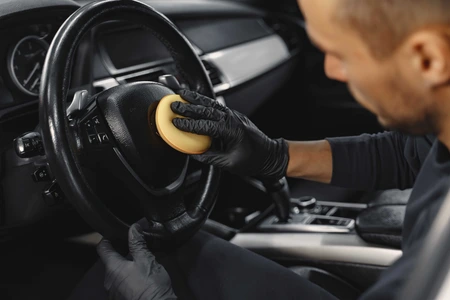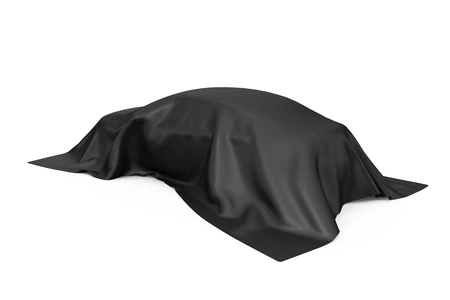Cooler weather and falling leaves can only mean one thing. Fall is here! Do you smell it? Do you smell the bonfires and pumpkin spice lattes?
This time of the year is full of colorful leaves and gorgeous weather. Everyone is out and about driving to football games or raking leaves into huge jumping piles. It is also time to check on a few things with your vehicle. Preventative maintenance goes a long way in cooler, wet weather. Most of us will drive in some sort of wet weather at some point this fall and vehicle maintenance is key to helping you navigate those fall and winter roads. Here are some tips to make sure that your car is ready for the fall.
- Check tire pressure & balance - As we enter into a cooler weather season, you should make sure that the tread on your tires is sufficient. There’s an easy way to do this: you only need a penny to start. Insert the penny with Lincoln’s head upside down and facing you into your tire’s tread groove. If you can see all of Lincoln’s head, it’s time to replace that tire. If the tread is less than 2/32 of an inch, it is not safe to drive. Also, don’t be surprised if your tires start to look a bit deflated. As temperatures drop, so does air pressure inside your tire. The pressure inside your tire will drop about 1 psi (pound per square inch) for every 10 degrees that the outside air temp drops.
- Check your wiper blades – Autumn is a great time to replace your wiper blades. Summer’s hot dry weather can wear them down and knowing when to replace them is key. Worn-out blades will streak or even leave large patches of moisture when used, and they may even “chatter” as they move across your windshield. Windshield wiper blades are made of rubber or silicone, and they can wear down to the point at which the hard plastic or metal of the wiper arm is making contact with the glass and that can cause damage to the windshield. Replacing the blades is a simple process and you can do it yourself.
- Check Your Fluids - As temperatures drop, make sure that all of your car’s fluids are clean and topped off. When it’s cold outside, your car fluids can become more viscous, or thicker, which may cause them to move more slowly through the engine. Coolant should be mixed with water differently in winter than summer. In the winter, the ratio of water to coolant should be 40:60 (or 40% water, 60% coolant).
The changes in seasons bring changes in driving conditions. Temperatures drop and many parts of the country start to see an increase in rain, ice on the roads, and even a bit of snow. I want to make sure that your car is ready for the fall, so use these tips to keep your car running smoothly all season long!
Contact me if you are looking for a new car this fall!!!
Mark Sugar
text 306-341-1710











